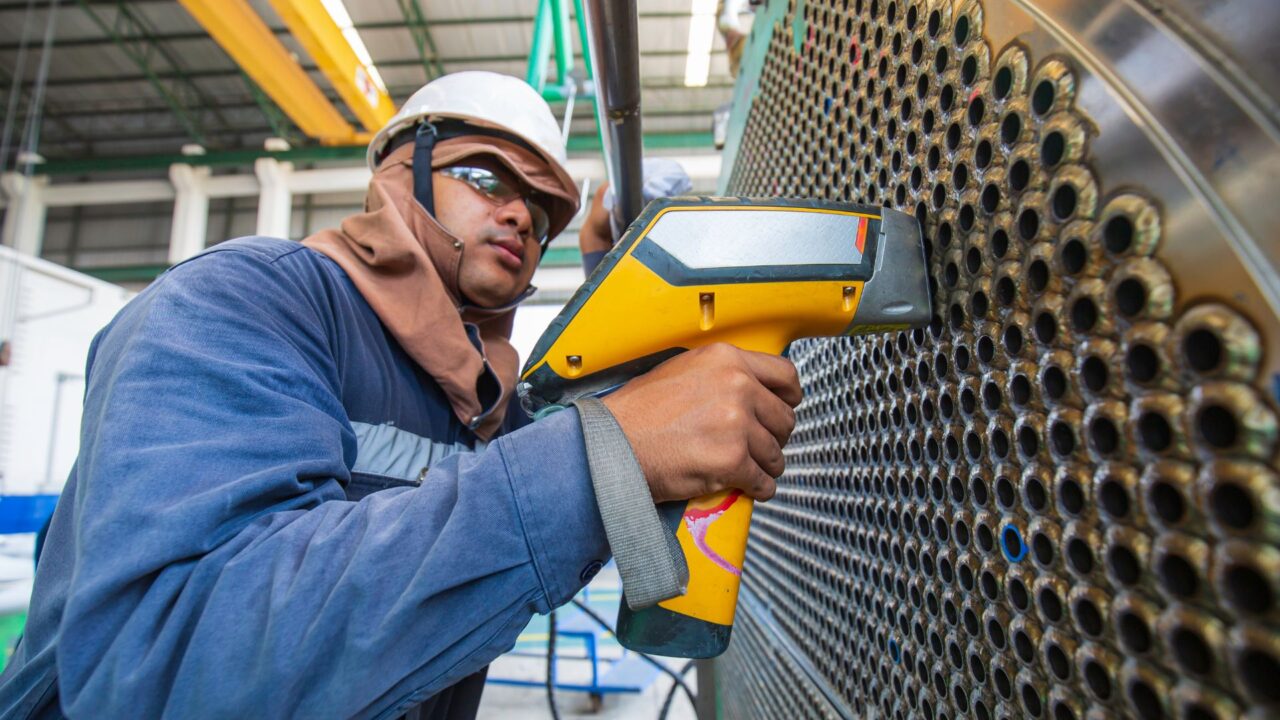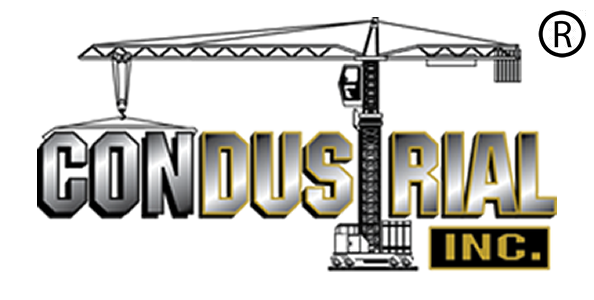A Deep Dive into the Growing Need for Certified Weld Inspectors

Welding is a craft that requires precision, skill, and knowledge. For those who wish to take their welding career to the next level, becoming a Certified Weld Inspector (CWI) is a logical step. This certification is a testament to one’s expertise and understanding of welding processes, standards, and quality control. In this blog post, we’ll delve into what it takes to become a CWI, including the education and training required, as well as the job outlook and potential benefits of this career path.
Education and Training:
- Educational Requirements: While a high school diploma or equivalent is the minimum educational requirement, many employers prefer candidates with post-secondary training in welding or a related field. Vocational schools, community colleges, and technical institutes offer welding programs.
- Training: Aspiring CWIs must have a combination of education and work experience. The American Welding Society (AWS) offers a CWI certification program. To qualify, candidates typically need:
- A minimum of 5 years of work experience in welding if they have a high school diploma.
- 3 years of experience if they have an associate degree in welding or a related field.
- 1 year of experience if they have a bachelor’s degree in welding or a related field.
- Examination: The AWS CWI exam is comprehensive and tests candidates on welding processes, welding metallurgy, weld and base metal discontinuities, and more. It’s divided into three parts: fundamentals, practical, and code application.
Job Outlook for Certified Weld Inspectors: A Closer Look
The job outlook for Certified Weld Inspectors is influenced by various factors, including industry trends, technological advancements, and economic conditions. Here’s a comprehensive breakdown:
1. Industry Demand:
- Infrastructure Development: As countries around the world continue to invest in infrastructure projects such as bridges, highways, and buildings, the demand for skilled weld inspectors to ensure the quality and safety of these structures is expected to rise.
- Manufacturing Growth: The manufacturing sector, especially industries like automotive, aerospace, and shipbuilding, relies heavily on welding. As these industries expand, the need for CWIs to oversee production quality will increase.
- Energy Sector: The energy sector, including oil and gas pipelines and renewable energy infrastructure like wind turbines, requires rigorous welding standards. CWIs play a crucial role in ensuring these standards are met, leading to increased demand in this sector.
2. Technological Advancements:
- Automation and Robotics: The rise of automated welding processes and robotics in manufacturing means that while the number of traditional welding jobs might see a decline, the demand for CWIs to inspect and ensure the quality of automated welds will likely increase.
- Non-destructive Testing (NDT): Modern weld inspection often involves non-destructive testing methods, such as ultrasonic and radiographic testing. CWIs with expertise in these areas are likely to be in higher demand.
3. Geographic Factors:
- Regional Growth: Areas experiencing rapid industrial growth or infrastructure development will have a higher demand for CWIs. For instance, regions with booming construction or undergoing major infrastructure overhauls will need more weld inspectors.
- Global Opportunities: As globalization continues, CWIs might find opportunities not just domestically but also in international projects, especially in developing countries investing heavily in infrastructure.
4. Economic Conditions:
- Recession and Economic Downturns: Economic downturns can lead to a slowdown in construction and manufacturing, affecting the demand for CWIs. However, the essential nature of infrastructure maintenance and repair can provide some level of job stability.
5. Aging Infrastructure:
- Maintenance and Repair: In many developed countries, aging infrastructure requires regular maintenance and repair. This ongoing need ensures a steady demand for CWIs who can ensure that repair welds meet safety and quality standards.
Advancement Opportunities: Certified Weld Inspectors have the potential to advance in their careers by:
- Taking on supervisory roles.
- Specializing in areas like underwater welding or pipeline inspection.
- Becoming welding instructors or consultants.
- Pursuing additional certifications, such as Senior Certified Welding Inspector (SCWI).
Work-Life Balance: The work-life balance for a CWI can vary based on the industry and specific job role. Some inspectors may need to travel frequently, while others might work standard business hours in a fixed location. However, the role often provides a sense of accomplishment, as CWI play a crucial part in ensuring the safety and quality of structures and products.
Salary Ranges: As of 2022, the salary for a CWI can range from $50,000 to over $100,000 annually, depending on factors like location, experience, and industry. With additional certifications and experience, CWIs can command higher salaries.
Becoming a Certified Weld Inspector is a rewarding career choice for those passionate about welding. With the right education, training, and dedication, one can achieve this prestigious certification and enjoy the numerous benefits it offers in the welding industry.


